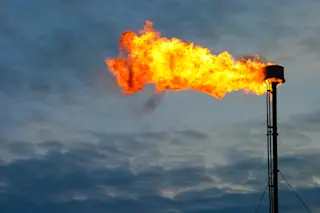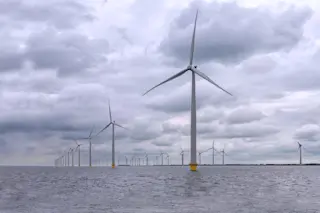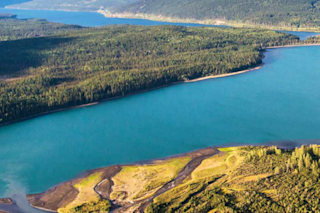A weekend WSJ excerpt from Daniel Yergin's highly anticipated new book (published later this week) takes direct aim at the peak oil argument.
We've heard this song before, Yergin says:
This is actually the fifth time in modern history that we've seen widespread fear that the world was running out of oil. The first was in the 1880s, when production was concentrated in Pennsylvania and it was said that no oil would be found west of the Mississippi. Then oil was found in Texas and Oklahoma. Similar fears emerged after the two world wars. And in the 1970s, it was said that the world was going to fall off the "oil mountain." But since 1978, world oil output has increased by 30%.
Yergin asserts that rising world demand will continue to spur technological advances:
One example is the "digital oil field," which uses sensors throughout the field to improve the ...













